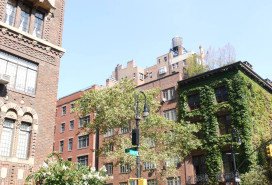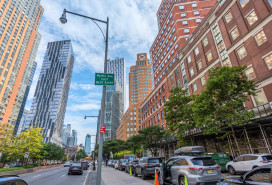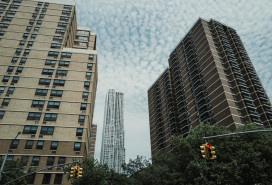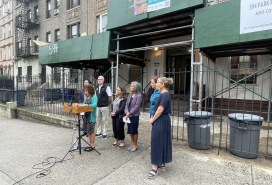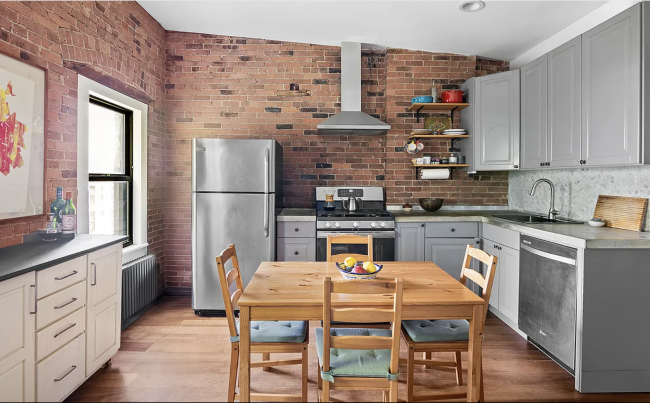Why can't the city simply seize buildings from negligent landlords, and turn them over to the tenants?
As one of the few affordable housing options out there for buyers, HDFC co-ops also have an inspiring backstory—in an era where negligent landlords were more or less abandoning buildings (and the tenants within them) to rot, the HDFC program allowed these beleaguered residents a way to buy the building themselves, offering a chance at low-cost ownership, and help restoring their homes.
And with stories cropping up seemingly every day about buildings where landlords fail to maintain even the most basic services, it often leads to a natural follow-up: why isn't the city just turning these buildings over to their residents, instead of allowing criminally negligent landlords to keep them in squalor?
[This article was originally published in May 2017.]
Well, as with all things in the world of housing, it's complicated. "It's sort of an urban myth that the city can take a building just because it's in bad shape," explains tenants' rights attorney Sam Himmelstein (a Brick sponsor). The city can't seize a building based on poor conditions alone, says Himmelstein, but rather, the building also has to be in significant tax debt.
"This comes up a lot in our tenant organizing work, and people ask about the potential to buy their own buildings when they're in terrible condition and the management company isn't doing anything," says Samantha Kattan of the Urban Homesteading Assistance Board (UHAB), a housing organization that frequently works with HDFCs. "And unfortunately, the answer is that it's not often an option. The city is reluctant to intervene directly in a substantive way when buildings are not being maintained properly, and there are sort of limited specific situations where collectively tenants can make an offer on the building."
What tenants can do
Usually, says Himmelstein, if a building is in serious neglect, the tenants can push for what's known as a 7a administrator, when the city sends in a third party administrator to collect a building's rents and deal with repairs (more information on that program here). And if the owner has passed a certain threshhold of tax debt to the city (which can include debt based on fines they've been issued for poor maintenance of their buildings), the city sells off the tax liens at an auction. None of which leaves the tenants much opportunity to make an offer.
The main way tenants can end up buying a buildng and taking it co-op, says Kattan, is through what's known as the Third Party Transfer Program, in which debt is cleared, and ownership of the building may be transferred to a new owner or developer who can make the necessary repairs and handle the debt. "The city keeps a list of flagging buildings that show signs of distress, and if they meet a minimum threshhold, they get pulled from the tax lien sales into the Third Party Transfer program," says Kattan. "That's the primary way HDFCs are being made these days."
If your building is on the Third Party Transfer list, you and your fellow tenants have the option to sign a petition to become a co-op, though the rules and process for this are murky at best. "There really isn't a lot of transparency or good communication around the Third Party Transfer program," says Kattan. But it's not impossible: UHAB has worked with more than 100 buildings in the past decade to make the transition from "troubled rental" to HDFC co-op. And since the Third Party Transfer list isn't generally made public, you likely will need the help of an outside housing organization to do the requisite digging.
"The main thing is for tenants to get organized, and work with organizers to do research on if there are tax liens [against the building], and if there is a private foreclosure process going on," says Kattan. And in the meantime, keep lodging complaints for any problems in the building, and if necessary, take your landlord to court. While your building's neglectful owner racks up violations and fines, you and your fellow residents can lay in wait, preparing for the potential opportunity to buy. It's far from guaranteed, but if the opportunity presents itself, you'll want to be ready.
You Might Also Like


